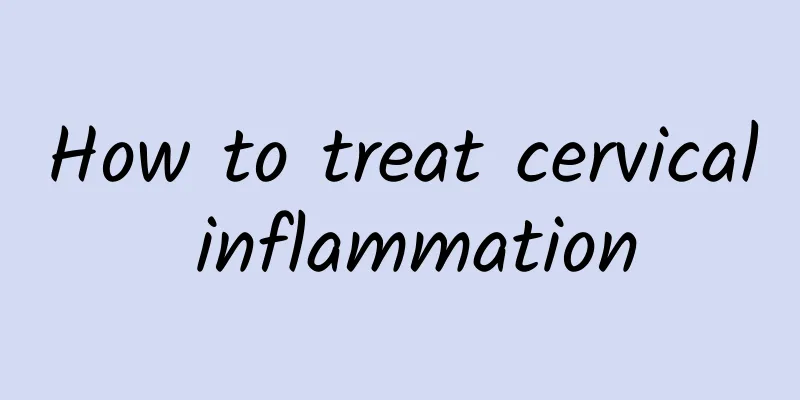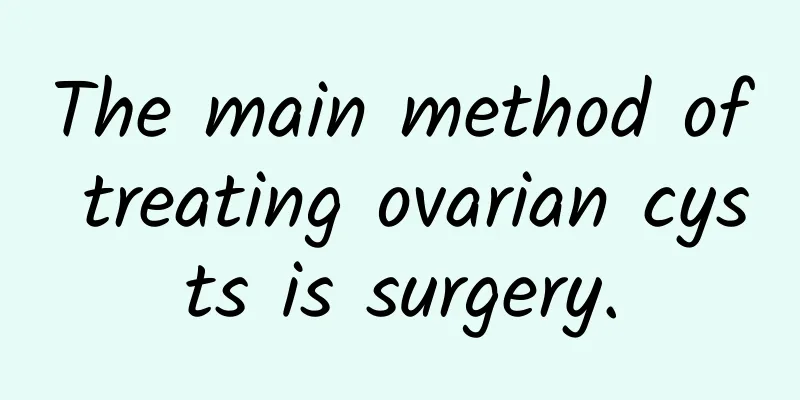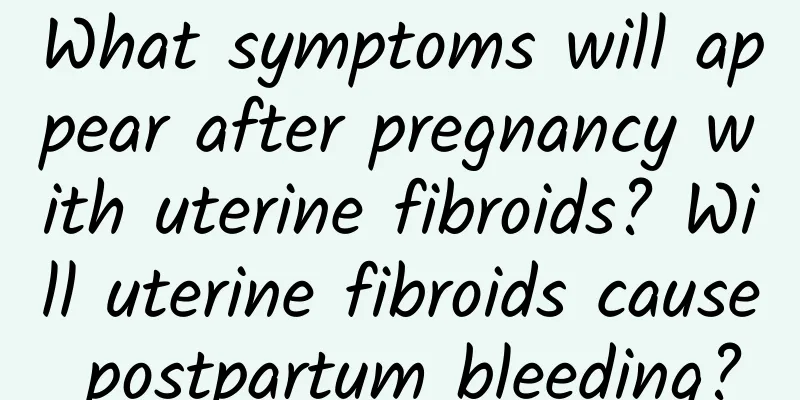How to treat cervical inflammation

|
Cervicitis needs to be treated according to the severity of the disease, including medication, physical therapy and surgery, supplemented by lifestyle adjustments to improve the efficacy. Early and active treatment can effectively relieve inflammation and prevent complications. 1. Medication Drug treatment is suitable for mild cervical inflammation, mainly aimed at anti-infection, including local and systemic medications. - Local medication: Vaginal suppositories such as metronidazole suppositories and clotrimazole suppositories are often used to inhibit bacterial infections. They need to be used under the guidance of a doctor. Each cycle is about 7-14 days, and sexual intercourse should be avoided during treatment. - Oral antibiotics: For cases of bacterial infection, such as amoxicillin and cephalosporins, they are usually used for patients with pelvic infection or obvious inflammation, and are generally taken for 1-2 weeks. - Antiviral or antifungal treatment: Cervicitis caused by viral infection is often treated with antiviral drugs (such as acyclovir), while fungal infection requires antifungal drugs. 2. Physical therapy Physical therapy is generally suitable for chronic cervicitis and is more effective for patients who do not respond well to medication or have obvious local tissue changes. -Laser treatment: Laser technology is used to burn the infected tissue. It is suitable for cases with obvious cervical erosion or cervical hypertrophy. Usually, there is less recurrence after treatment. - Cryotherapy: Use low temperature to destroy diseased tissues. It is often used for multiple inflammations or cervical gland cysts, but attention should be paid to local cleaning and care after the operation. -Electrocoagulation: It uses high temperature of electric current to peel off the diseased tissue. It is suitable for patients with large cervical erosion area. After the operation, there may be an increase in local secretions, and anti-inflammatory treatment should be done. 3. Surgery For long-term treatment or severe complications caused by inflammation, surgical treatment may be a necessary option. -Cervical conization: removal of diseased cervical tissue, suitable for patients with worsening inflammation and suspected cervical precancerous lesions. -LEEP knife surgery: A minimally invasive surgical method that can accurately remove diseased tissue and has a short recovery time, suitable for women who want to have children. -Complete cervical resection: If cervical inflammation involves deeper tissues and cannot be managed conservatively, partial or complete cervical resection may need to be considered. 4. Lifestyle Adjustments During treatment, attention should be paid to lifestyle adjustments to consolidate the therapeutic effect and reduce the risk of recurrence. -Avoid sexual intercourse: Avoid sexual intercourse during treatment to avoid aggravating inflammation or spreading infection. -Pay attention to personal hygiene: wash the vulva daily, but avoid frequent use of antibacterial washes, and choose cotton breathable underwear. - Strengthen immunity: adhere to a balanced diet and consume more foods rich in vitamins C and E; exercise appropriately to improve physical fitness and avoid sitting or lying down for long periods of time. If symptoms of cervicitis are found, active treatment should be taken to prevent the condition from getting worse or causing complications. Patients are advised to choose appropriate treatment methods based on their own conditions and strengthen their daily care. If symptoms persist or worsen, they should seek medical help in a timely manner. |
<<: How to treat functional uterine bleeding
>>: How harmful is functional uterine bleeding to the body?
Recommend
What causes cervicitis? 3 factors that easily cause cervicitis
What causes cervicitis? There are three factors t...
Why do I become a patient with cervical hypertrophy?
Patients who suffer from cervical hypertrophy, do...
What causes adnexitis?
Adnexitis is the most common gynecological diseas...
Correct bad posture, keep your pelvis healthy and enjoy slimness
In the theory of traditional Chinese medicine, th...
Some experience with pregnancy during cervical precancerous lesions
Preventing cervical cancer is something every wom...
What should I pay attention to after uterine fibroid surgery?
Uterine fibroids are common benign gynecological ...
How to regulate irregular menstruation in the 40s? Four common treatment methods for irregular menstruation
When she was seen, she looked pale and listless. ...
Is having two periods a month considered irregular menstruation?
Irregular menstruation is generally defined as a ...
What are the main causes of pelvic inflammatory disease?
Pelvic inflammatory disease is one of the most co...
The symptoms of chronic cervicitis are characterized by four aspects
The symptoms of chronic cervicitis mostly appear ...
What are the main methods for self-diagnosis of vaginitis?
What are the main methods of self-diagnosis of va...
Three common symptoms of cervical erosion
Patients with cervical erosion are often psycholo...
What should I not eat if I have uterine fibroids? Is uterine fibroids okay after the age of 45?
What should I not eat if I have uterine fibroids?...
Will excessive sex cause kidney damage? Exercise to activate your sex muscles
Internet rumor: "Excessive sex can cause kid...
Can chocolate cysts be cured?
Can chocolate cysts be cured? How to cure chocola...









